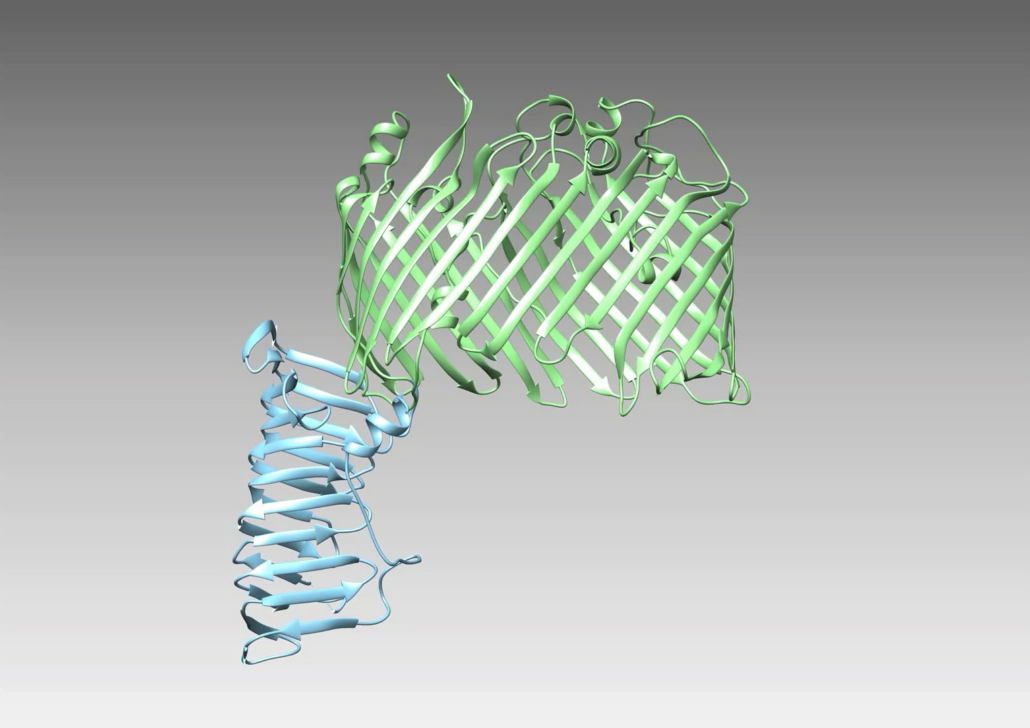
Polyphor AG bags funding for murepavadin
Polyphor has secured $3.3m from the Cystic Fibrosis Foundation as support for clinical Phase I/IIa testing of its inhaled antibiotic murepavadin.
Swiss Polyphor AG (Allschwil) is developing its lead Outer Membrane Protein Targeting Antibiotic (OMPTA) candidate inhaled murepavadin against Gram-negative pathogens in collaboration with the EU’s Innovative Medicines Initiative. (IMI). The company believes that OMPTAs can become "the first new class of antibiotics in the last 50 years against Gram-negative bacteria".
Inhaled murepavadin is designed to fight off infectons with Pseudomonas aeruginosa including those with multidrug resistant variants, which often occur in patients with cystic fibrosis. Cystic fibrosis is characterized by chronic bacterial infection and severe inflammation that lead to progressive deterioration in lung function.
Under the terms of the agreement, Polyphor will receive up to $3.3m to fund a Phase Ib/IIa clinical trial of inhaled murepavadin, as a follow?up study to a Phase Ia study in healthy volunteers using the eFlow technology nebulizer from PARI Pharma GmbH, if CTA approved. The Phase Ib/IIa trial expected to kick off in !4/2021 will assess safety and tolerability of ascending doses of inhaled murepavadin.
Based on the data of the inhaled murepavadin preclinical program suggesting significantly higher safety margins (at least 5-10 times) versus the intravenous formulation, Polyphor is planning to initiate the clinical development program. Until the end of the planned Phase Ia study the program is jointly funded by Polyphor and the European Innovative Medicines Initiative (IMI). Inhaled Murepavadin is also part of the iABC project, a Europe-wide program dedicated to the development of inhaled antibiotics run by a consortium of leading lung specialists and research institutions in various European countries. The Cystic Fibrosis Foundation award will allow further development until the end of the Phase Ib/IIa study. Infections remain a significant problem for people with CF who require novel treatment options, despite the availability of CFTR modulators.


 Immunic/Nela Dorner
Immunic/Nela Dorner
